I Forgot the Moves
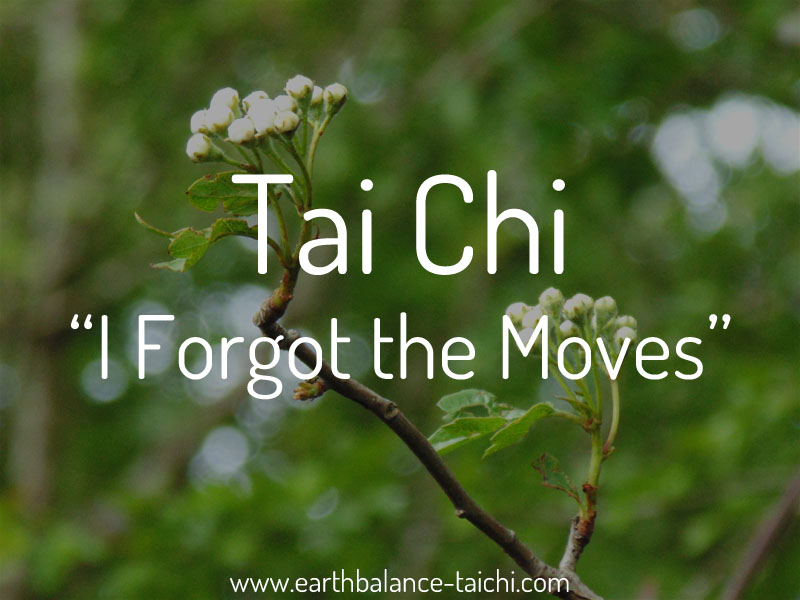
I Forgot the Moves
“I fear not the man who has practiced 10,000 kicks once, but I fear the man who has practiced one kick 10,000 times.” - Bruce Lee. Beginner Tai Chi students often get hung up on memorising the movements. This can make Tai Chi and Qi Gong a stressful and frustrating experience. Students often report they cannot remember what they have learnt, again and again. It is one of the most common phrases in class. This can be frustrating for the student as the mind is resisting something new, and they are outside of their comfort zone. So what is happening? Read more in my article I Forgot the Moves.
I Forgot the Moves - Using the Body to Learn
It would be easier if we could leave our brains at the door to the Tai Chi studio. Our intellect gets in the way which is a hindrance to learning Tai Chi and Qi Gong. Students are looking to find a way to attach their intellect and logical brain to each new movement, rather than learning through the body. The brains gets confused as it cannot find a way to attach a' past experience or association' of the movements to memory, and so their minds fight them all the way to try and intellectualize what is being learnt. The subconscious says "I must find something to relate this to..... there is no way I am going into that body down there, I am the brains here..... oh I haven't a clue, it's too difficult, so I'll give up". As beginners, students are usually stuck in their heads, and it's hard to change how we go about doing things, unless it fits the same groove we are used to. Our aim is to dampen down the beginner's critical thinking, logical and rational mind that is the left brain.
Beginner students often purely focus on the hand movements, and ignore the body from the chest down, which creates a 'left thinking and seeing brain' practice. Their eyes follow their hand postures, and they become disconnected from the body moving as a unit. True Tai Chi movements must instead come from the ground, the root through the feet to the core which drives the moves and momentum of the limbs. This connects us to our second brain, the gut or the 'right feeling brain' as you are not watching your feet or waist as you move, instead you have to use your mind's eye. For most of us this is unknown territory, "what do you mean you want us to stop thinking & analysing, that's what we always do".
I Forgot the Moves - Complex Mind Body Process
Tai Chi and Qigong movements involve multiple senses working in unison. The movements may look easy when watching, in fact they are complex and challenging for the mind and body. Over a long time, you will learn to visualise the movements with your mind's eye as you perform them, without looking at your body. You will combine this with accurate timing and syncing of the limbs through deliberate movements, key poses and transitions. All whilst performing with an aligned posture, following the principles of Tai Chi and Qigong and moving the body through changes in direction, stepping, lifting, squatting, turning and so on.
The caveat is that as a new beginner you have to start with the basics, watching the choreography and trying to mimic, which is intellectual learning. Your instructor will try to move you away from learning by following as soon as possible. Learning by following is replaced with learning by moving method. When you learn the key poses of a movement, why you align the posture in a certain way, the purpose of the movement and/or the martial application, this gives you much more than simply waving your hands in the air with one eye on your instructor.
By focusing on the purpose and key poses, this becomes a much deeper level of experiential learning and the rest develops in time. Rather than doing the movement and then trying to reflect on it later at home or even in the class the next week, you aim to learn by moving method. This means your movements have considered action. You are then bringing theory into practice.
- Tai Chi and Qi Gong are a whole mind and body experience.
- Tai Chi and Qi Gong are experiential arts.
- Your body has to live them to learn them.
- You don't need to think, thoughts and memory are not necessary, you learn from moving.
- Avoid hanging on every word of your instructor, listen softly and allow the body to take which part it needs.
- Let your body guide you, it's the best teacher.
- Connect with the inner you in your practice, not what others think of you, not what you think people see you as, what upbringing you had, what environmental influences you have or are in, nevertheless of your own or other people's expectations of you.
- Don't think, just do.
- Let your thoughts come AND go.
- Avoid resistance.
- Avoid finding cognitive excuses to stop.
- Allow the body to take over.
- Be observant of the internal body e.g. tension, alignment, breath, posture, expansion, contraction, coiling etc.
- Allow your mistakes to come AND go, several, several times.
- Know that mistakes are opportunities to improve
- Avoid verbalising your mistakes, stop the left brain!
- There is always more to learn.
- Relax.
- Relax more.
- Practice.
- Practice more.
- Review..... refine.... relearn...... review.
Read the difference between how Eastern and Western Cultures tackle learning
Tai Chi and Qi Gong are complex movement practices. There is no route to quick learning and no shortcuts to take. It's not possible to learn through intellectualising the moves, you need to move the body, again and again. There is no perfection to aim for, ask one of the Grandmasters who has been practicing for over 60 years, as they are still working on their form. There are many layers to unfold and practice, this all takes diligence, time and patience. There is no rush. Your Tai Chi and Qi Gong practice should be an enjoyable, rejuvenating and meditative experience. The journey is endless, we don't worry about reaching the mountain summit as the journey is much more fun.
I Forgot the Moves - Notes
- 1 hour per week in class is minimal training.
- It would be unrealistic to expect great speed of progress with 1 hour of training per week.
- Practice diligently at home and don't be afraid of making errors.
- Practice regularly, ideally daily, even for a few minutes.
- When you come home from class, write notes about your practice to help provide a memory trigger for later.
- Practice as soon as you get home to cement what you learnt during the class.
- If you tend to over think, avoid getting caught up on the details, go for shape and flow.
- If you tend to miss the details, train the details.
- Relax more.
- Practice more.
- ENJOY YOUR PRACTICE!
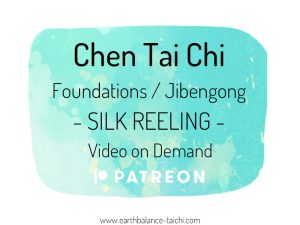
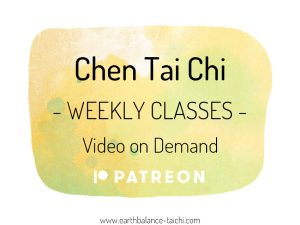
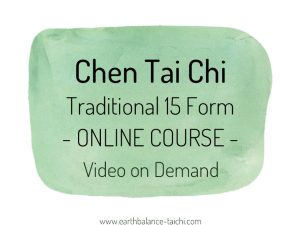
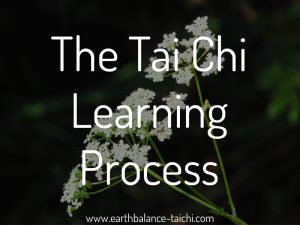



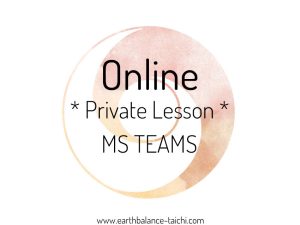


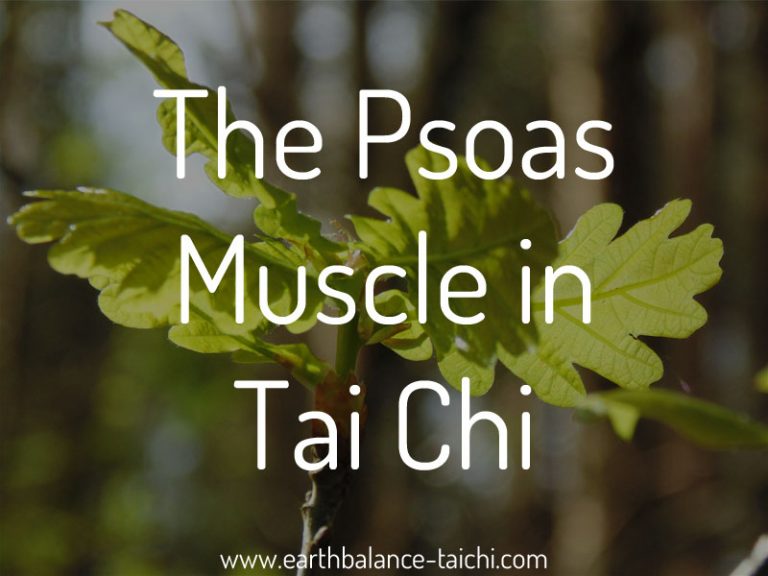


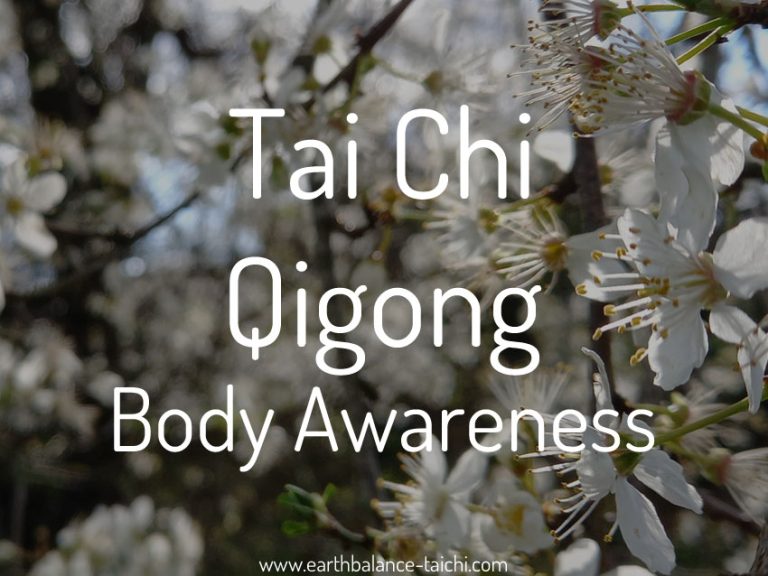

I practiced all week and at the next class found I had missed a move out! Never mind Nicola got me back on track and all I can say is whether I have it right or wrong I feel uplifted and so well after each Monday morning class. Thank you
True words of wisdom here! How can we hear what our bodies are telling us if we keep up the “rooftop chatter”
the efforts you’ve put in this, appreciate it for all the fantastic posts .
This is good advice indeed…and so true ! Its so easy to fret when you forget a part of the form…..but just let the body do something…..and it will feel ok……..practice at home is lovely and can be funny sometimes, but always good 🙂
I just want to tell you that I am all new to weblog and absolutely liked you’re web blog. More than likely I’m going to bookmark your website . You certainly come with excellent article content. Bless you for sharing with us your web site.